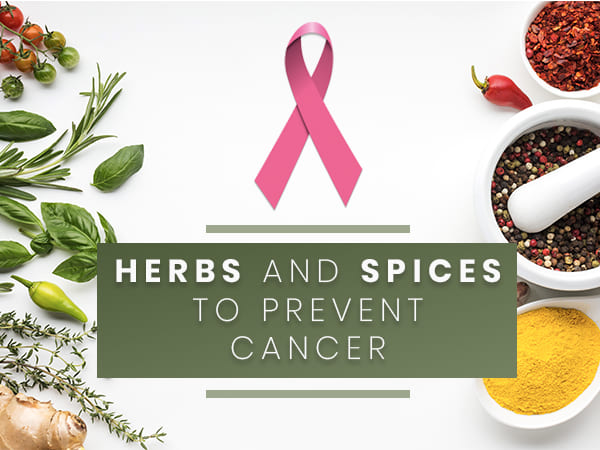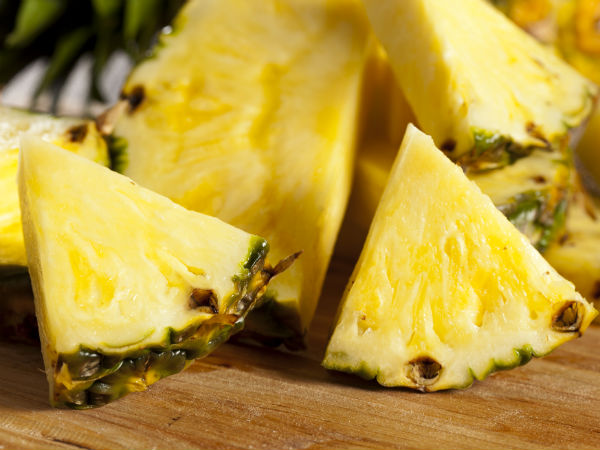
1. Lychee
This fruit has appreciated nutritional properties. It is rich in fibres, carbohydrates, vitamins (B1, B2, C, E, K and B6) and minerals (potassium, magnesium, zinc, calcium and polyphenols). These compounds in the tropical fruit make it one of the most demanded fruits during monsoon. [1]
 25 Nature’s Most Powerful Antibiotics: Number 21 Is Surprising
25 Nature’s Most Powerful Antibiotics: Number 21 Is Surprising

2. Mango
This seasonal fruit is packed with bioactive compounds and phytochemical compositions. Eating mangoes reduce the risk of inflammatory diseases, especially seasonal diseases. They reduce the risk of modern diseases like obesity, which is linked to several other diseases like diabetes, heart diseases and also benefit the brain, skin and gastrointestinal health. [2]

3. Jamun (Indian Blackberry)
Jamun or Indian blackberry is enriched with phenolic compounds, tannins, antioxidants, anthocyanins and flavonoids. The fruit is associated with decreased risk of blood pressure, diabetes, ringworm and diarrhoea. [3]
 15 Herbs and Spices In Cancer Prevention and Treatment
15 Herbs and Spices In Cancer Prevention and Treatment

4. Pear
This fibre-rich fruit is very effective in reducing weight, inflammatory bowel diseases, diabetes type 2, asthma severity, lung cancers, ageing, depression, skin problems and many more. Consuming pears also increases the mineral density of the bones and reduces the risk of osteoporosis. [4]
 10 Dopamine Boosting Foods You Should Include In Your Diet
10 Dopamine Boosting Foods You Should Include In Your Diet
READ RELATED: How Feeling Younger Than You Actually Are Greatly Benefits Your Body

5. Quince (Shree Phal)
Quince or Shree phal is a pear-like fruit with bright yellow or golden appearance. It tastes similar to guava and can be eaten raw, considering it’s too astringent to be eaten raw and preferred to be added in vegetables or yoghurt. It has antioxidants and anti-ulcerative properties. It is great for blood conditions and gastrointestinal health. [5]
 10 Best Kitchen-Friendly Herbs To Boost Immunity During COVID-19
10 Best Kitchen-Friendly Herbs To Boost Immunity During COVID-19

6. Cherry
This tiny and sweet fruit is rich in vitamin C, melatonin, potassium, antioxidants and anthocyanins. It usually ripens in the first week of July, the reason why it is among the best fruits to eat in rainy season. Cherries help prevent diseases like diabetes, inflammatory diseases, cancer, Alzheimer’s and health diseases. [6]

7. Plum
Plum has several health-promoting properties. It shows promising results in treating and preventing inflammatory diseases, oxidative stress and memory problems. Several studies also found that plums have antiallergic properties that help in warding off the seasonal allergies. [7]

8. Peach
Some of the amazing properties of fresh peach include antioxidants, anti-inflammatory and anti-glycation. The pulp and peel of fresh peach also protect against cytotoxicity (development of cancer cells) and neurodegenerative diseases (like Alzheimer’s). [8] This is why peach is one of the best immunity boosting fruits to eat in monsoon.

9. Pomegranate
The varieties of phytochemicals in pomegranate help prevent metabolic diseases (obesity, diabetes), cancer and inflammatory diseases (like flu, allergies, lung diseases). Though the fruit is available throughout the season, the best quality is available during the monsoon season. [9]

10. Jackfruit
Jackfruit is considered to be the largest consumable fruit in the world. Nutrients such as proteins, vitamins, carbohydrates, phytochemicals and minerals in this tropical climacteric fruit make it one of the most demanded monsoon fruits. Jackfruit has antimicrobial, anti-inflammatory, antidiabetic and wound healing properties. [10]

11. Pineapple
Though pineapple is available around the year, its peak season is from March to July. Bromelain in pineapple is a well-known antibiotic and anti-inflammatory compound. It reduces the risk of multiple seasonal diseases and also boosts the immune system. [11]
Source: boldsky blog



 40 Best Superfoods To Maintain Oral Health
40 Best Superfoods To Maintain Oral Health





